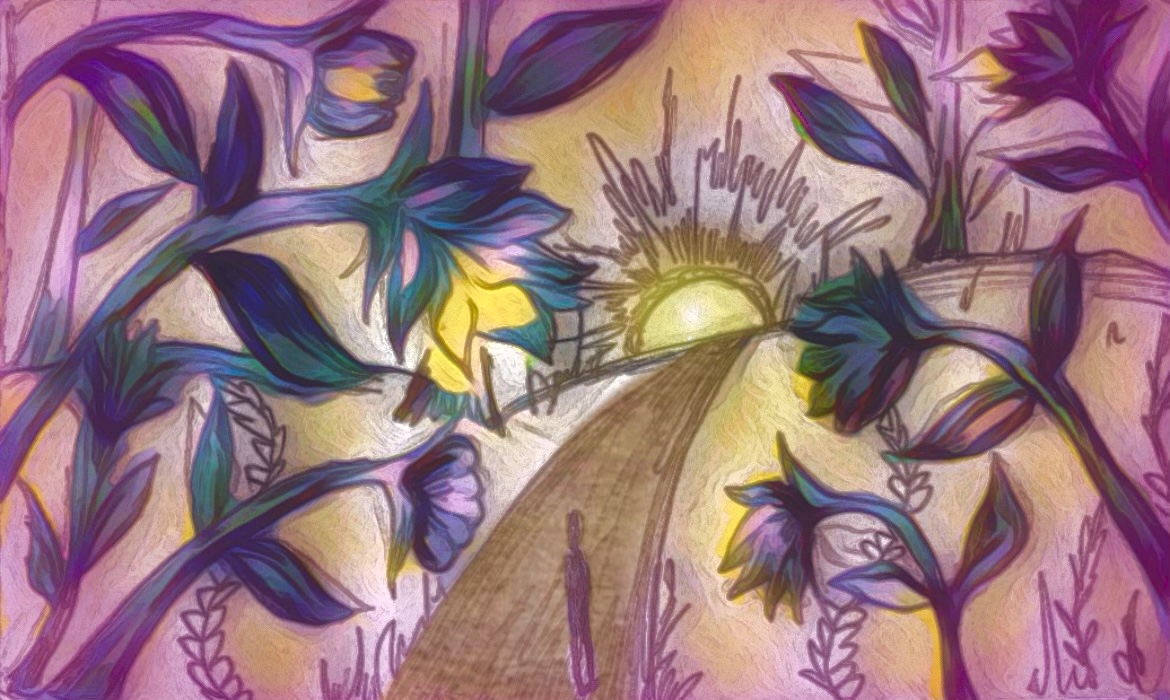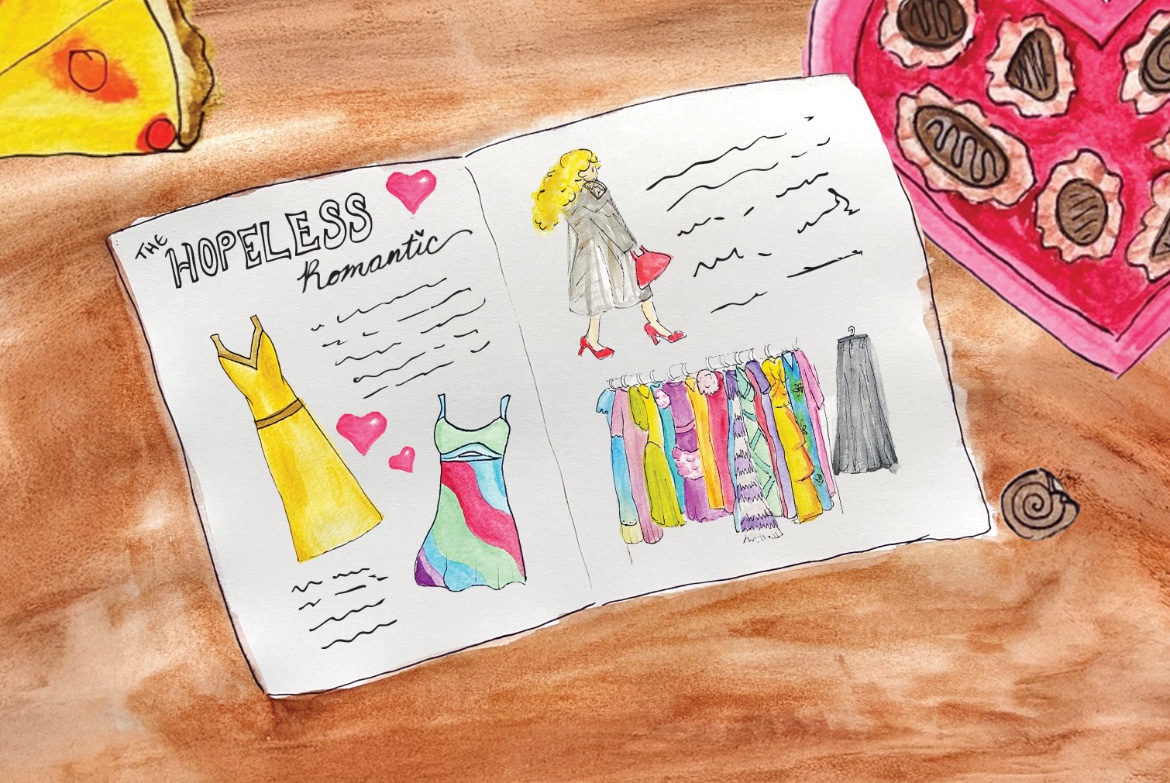These days, the world around me is waking up from a long—albeit warm—winter, and A. A. Milne’s poem “Spring Morning” has never resonated more.
It’s true that birds and blooms are beginning to show themselves, but the intangible energy of spring is in the air as well. We open our hearts and minds along with the windows, and there is an invitation to buzz with more activity and welcome new growth in the coming months.
In 1924, A. A. Milne, most famous for his stories of Christopher Robin and Winnie the Pooh, published a book of poetry for children called “When We Were Very Young.” Bound within it, “Spring Morning” inspires me to walk a little slower and breathe a little deeper—not just now, but always.
We wind through the poem’s six flowing stanzas, wandering through nature together with a young narrator. Their voice, calm and present while they observe the life that surrounds them, answers the question “Where am I going?” with “I don’t quite know…what does it matter where people go?”
Without any particular direction or agenda, we delight in bird calls and blue skies. Listening to the doves “coo: we do have beautiful things to do!” and the crows “call: it’s awful fun to be born at all,” there is much to be learned from nature’s grounded flowers and weightless birds.
The peace and wonder found in a simple yet full experience of walking outside on a spring morning is surprisingly refreshing, especially when the weight of the world and the mind can feel so oppressive. It’s worth appreciating the fantastic fact of our existence in the first place.
As I approach graduation, I relate more and more to the values of nonattachment and presence felt in the lines of this poem. Learning to accept the moment as it is now and to slow the rush of daily life allows for feelings like contentedness and ease to overpower the heavy burden of needing to know where to go and doing the right thing.
A parallel my mind immediately finds with “Spring Morning” is another famous children’s poem: Dr. Seuss’s “Oh, the Places You’ll Go!” A few of the classic high school graduation gift’s famous lines go, “Wherever you fly you’ll be best of the best. Wherever you go, you will top all the rest.”
I love its exciting and empowering message for many reasons, but I am beginning to recognize that there may be an insidious implication in the way our society perceives it. What are the expectations we set for the new generation around the “mountains” they’ll move and the “great places” they should go?
Western society so highly values wealth and productivity, making it all too easy for us to be constantly afflicted with the worry that we are not doing or achieving enough, that we are not enough as we are. I believe these conditioned beliefs necessitate some “unlearning.”
When I reflect on what I value at the end of the day, none of it includes an impressive résumé or lofty price tags. Rather, it is something a little closer to what I feel when I read this poem.
Love, connection, nonjudgmental acceptance and wonder for what is with me here and now are a few examples of these values. These are things that I cannot imagine finding easily while leading a perpetually future-oriented life, vying to achieve status and economic success.
So, wherever we go, “down to the wood where the blue-bells grow—anywhere, anywhere. I don’t know,” and as we continue to engage in education, careers and becoming citizens of the world, I hope we can find moments like the one in “Spring Morning.”
To feel the tranquility of a spring morning inside ourselves, we might learn to let go of feeling shame in not knowing the answers or in choosing to wander, because believing that we must always be doing makes no room for us to simply be, well, being.
It is essential that we not only stop to smell the roses, but that we also learn to pause and sit quietly with the roses, take in their beauty and learn from their stillness.














